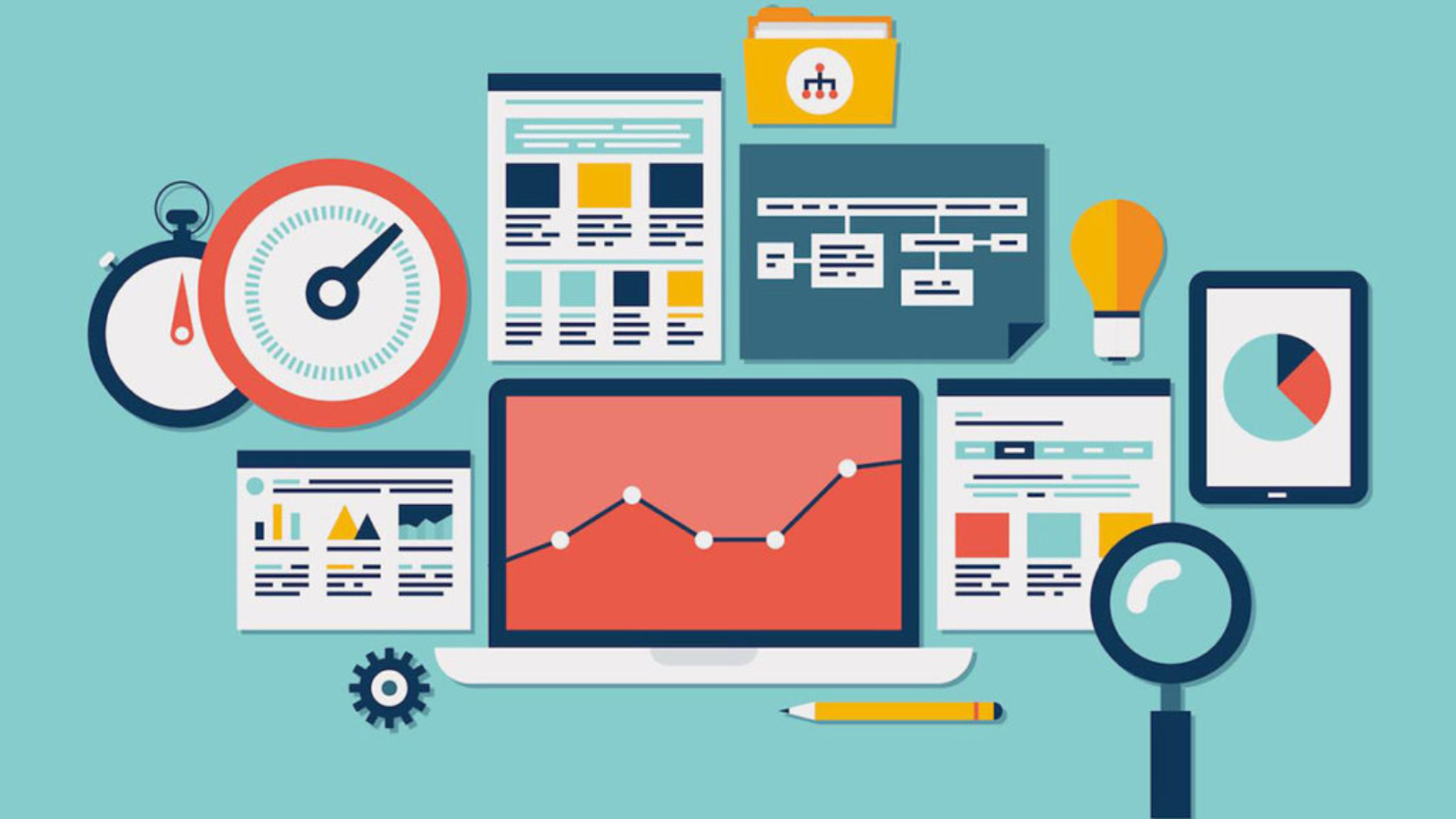In the evolving landscape of business management, small businesses are increasingly recognizing the importance of investing in Human Resources (HR) software. While small enterprises often operate with limited resources, the strategic implementation of HR software can significantly impact their efficiency, compliance, and growth. This article explores why small businesses need HR software, delves into the key benefits, and examines the return on investment (ROI) that these tools can provide.
1. The Growing Importance of HR Software for Small Businesses
As small businesses grow, their HR needs become more complex. Managing employee records, payroll, compliance, and performance can become overwhelming without the right tools. HR software offers a solution by automating and streamlining these processes, allowing small businesses to focus on their core operations.
- Historical Context: Traditionally, small businesses relied on manual HR processes and spreadsheets. While effective in the early stages, these methods become cumbersome as the business scales.
- Modern Shift: Today, HR software solutions provide an integrated approach to managing HR functions, offering scalability and efficiency that manual processes cannot match.
2. Key Benefits of HR Software for Small Businesses
Implementing HR software offers numerous benefits for small businesses, enhancing various aspects of HR management.
2.1. Streamlined HR Processes
HR software automates routine tasks, reducing the administrative burden on small business owners and HR staff.
- Automated Payroll Processing: HR software simplifies payroll management by automating calculations, tax withholdings, and direct deposits. This reduces errors and ensures timely payment to employees.
- Efficient Benefits Administration: Managing employee benefits, such as health insurance and retirement plans, is made easier with HR software, which tracks enrollments, changes, and compliance requirements.
- Simplified Recruitment: Recruitment modules in HR software streamline the hiring process by automating job postings, resume screening, and candidate communication.
2.2. Enhanced Compliance and Risk Management
Compliance with labor laws and regulations is crucial for avoiding legal issues and penalties. HR software helps small businesses stay compliant with evolving regulations.
- Regulatory Updates: HR software keeps track of changes in labor laws and ensures that HR practices and policies are up-to-date.
- Document Management: Securely storing employee records and documentation is facilitated by HR software, helping businesses meet record-keeping requirements.
- Audit Trails: Automated audit trails in HR software provide a clear record of HR activities, which is valuable for compliance audits and investigations.
2.3. Improved Employee Experience and Engagement
HR software enhances the employee experience by providing tools that support engagement, development, and communication.
- Self-Service Portals: Employee self-service portals allow staff to access and update their personal information, view pay stubs, and request time off, reducing the need for HR intervention.
- Performance Management: Tools for setting goals, conducting performance reviews, and providing feedback help manage employee performance and development effectively.
- Training and Development: Learning management systems (LMS) within HR software offer training programs and resources to support employee growth and skill development.
2.4. Data-Driven Decision Making
HR software provides valuable data and insights that aid in making informed business decisions.
- Workforce Analytics: Analyzing data on employee performance, turnover rates, and productivity helps small businesses identify trends and areas for improvement.
- Custom Reports: Generating custom reports on various HR metrics, such as recruitment efficiency and employee satisfaction, enables data-driven decision-making.
- Predictive Analytics: Advanced HR software uses predictive analytics to forecast future workforce needs, helping businesses plan for growth and address potential challenges.
3. Calculating the ROI of HR Software
Investing in HR software involves costs, but the return on investment can be substantial. Understanding the ROI is essential for small businesses to justify the expenditure and measure the benefits.
3.1. Cost Savings
HR software can lead to significant cost savings by reducing manual processes and minimizing errors.
- Reduced Administrative Costs: Automating HR tasks decreases the need for extensive manual labor, lowering administrative costs associated with HR functions.
- Decreased Turnover: By improving employee engagement and performance management, HR software can help reduce turnover rates, saving on recruitment and training expenses.
- Error Reduction: Automated payroll and benefits processing minimize errors and associated correction costs, leading to financial savings.
3.2. Productivity Gains
HR software enhances productivity by streamlining HR operations and enabling employees to focus on their core tasks.
- Time Savings: Automation of routine HR tasks frees up time for HR staff to concentrate on strategic initiatives and employee support.
- Efficient Recruitment: Streamlined recruitment processes reduce the time-to-hire, allowing businesses to fill positions more quickly and maintain productivity.
- Improved Communication: Enhanced communication tools facilitate better collaboration and information sharing, boosting overall productivity.
3.3. Enhanced Employee Satisfaction
Investing in HR software can improve employee satisfaction, which has a positive impact on overall business performance.
- Positive Work Environment: HR software tools for performance management and development contribute to a positive work environment and increased job satisfaction.
- Access to Resources: Self-service portals and training programs enhance employees’ ability to manage their HR needs and pursue professional growth.
- Recognition and Rewards: Recognition and rewards features within HR software foster a culture of appreciation, leading to higher employee morale and retention.
4. Choosing the Right HR Software for Small Businesses
Selecting the right HR software is crucial for maximizing benefits and ensuring a good fit for your business needs.
- Assess Your Needs: Identify the specific HR functions that need improvement and choose software that addresses those needs.
- Consider Scalability: Opt for HR software that can grow with your business, offering scalability and additional features as needed.
- Evaluate Integration: Ensure that the HR software integrates with existing systems, such as accounting or project management tools, for a seamless workflow.
- Check Usability: Choose software with a user-friendly interface and provide training to ensure that employees and HR staff can use it effectively.
- Review Support and Pricing: Consider the level of customer support offered and evaluate the pricing structure to ensure it fits within your budget.
5. Case Studies and Success Stories
Real-world examples demonstrate how small businesses have benefited from implementing HR software.
- Case Study 1: XYZ Consulting: XYZ Consulting, a small business with 25 employees, implemented HR software to streamline payroll and benefits administration. As a result, they reduced payroll processing time by 50% and improved compliance with benefits regulations. The cost savings and efficiency gains justified the investment in HR software.
- Case Study 2: ABC Retailers: ABC Retailers, a growing retail business, adopted an HR software solution to enhance employee engagement and performance management. The software’s self-service portal and performance review tools led to increased employee satisfaction and a 30% reduction in turnover rates.
6. The Future of HR Software for Small Businesses
As technology continues to evolve, HR software will offer even more advanced features and capabilities for small businesses.
- AI and Automation: Future HR software will incorporate AI and automation to further streamline HR processes, improve decision-making, and enhance employee experiences.
- Integration with Other Technologies: Integration with emerging technologies, such as blockchain and IoT, will provide additional functionalities and data security.
- Focus on Employee Well-being: HR software will increasingly emphasize employee well-being and mental health, offering tools and resources to support a healthy work environment.
Conclusion
HR software is not just a luxury for small businesses but a critical investment that delivers significant benefits and a strong return on investment. By streamlining HR processes, enhancing compliance, improving employee experiences, and providing valuable data insights, HR software supports the growth and success of small businesses. As technology advances, small businesses that embrace HR software will be better equipped to navigate the complexities of modern HR management and achieve their organizational goals.

